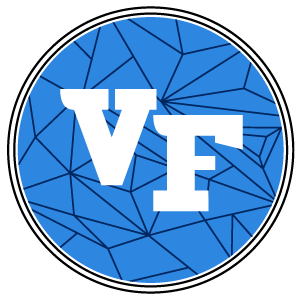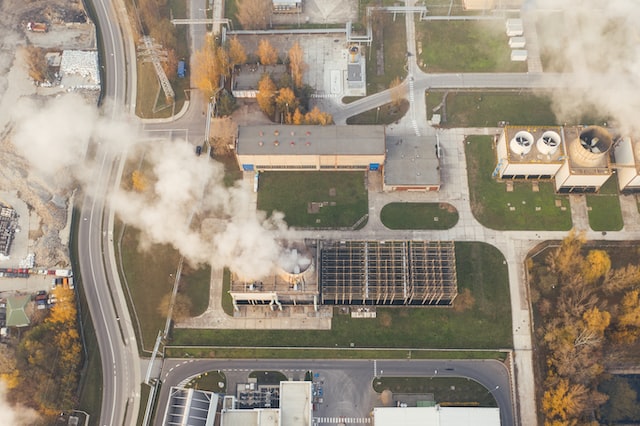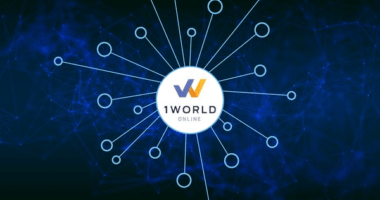As the world becomes more environmentally conscious, sustainable development is at the forefront of many discussions. The United Nations has identified 17 Sustainable Development Goals (SDGs) that aim to tackle global challenges such as poverty, inequality, and climate change. One technology that has the potential to play a significant role in achieving these goals is blockchain. In this article, we will explore the role of blockchain in sustainable development.
Introduction to Blockchain
Blockchain is a decentralized, digital ledger that records transactions on a secure network. It is best known for being the technology that underpins cryptocurrencies such as Bitcoin, but its potential applications extend far beyond finance. The defining feature of blockchain is its security and transparency. Each transaction is verified and recorded on multiple nodes in the network, making it virtually impossible to manipulate or alter the information stored on the blockchain.
Blockchain and Sustainable Development
Transparent Supply Chains
One of the key areas where blockchain can contribute to sustainable development is in supply chain management. Many companies have come under fire for unethical practices such as child labor, deforestation, and pollution. By implementing blockchain technology, companies can create transparent supply chains that allow consumers to trace the origin of their products and ensure that they are ethically sourced.
Renewable Energy
Blockchain can also play a role in promoting the use of renewable energy sources. The technology can be used to create peer-to-peer energy trading platforms, where individuals and businesses can buy and sell excess renewable energy. This can help to reduce reliance on non-renewable energy sources and promote the use of clean energy.
Carbon Credits
Blockchain can also be used to create a marketplace for carbon credits. This would allow companies and individuals to purchase carbon credits to offset their carbon footprint. By creating a transparent and secure marketplace for carbon credits, blockchain can help to incentivize the reduction of carbon emissions.
Land Registry
Another area where blockchain can contribute to sustainable development is in land registry. In many parts of the world, land ownership is poorly documented and subject to corruption. By creating a secure and transparent land registry on the blockchain, it would be possible to ensure that land ownership is accurately recorded and protected.
Challenges of Using Blockchain for Sustainable Development
While blockchain has the potential to play a significant role in sustainable development, some challenges must be overcome. One of the biggest challenges is the lack of awareness and understanding of blockchain technology. Many individuals and organizations are still unfamiliar with blockchain, and this can make it difficult to implement it on a large scale.
Another challenge is the issue of scalability. Blockchain networks can become congested and slow as more users join the network. This can make it difficult to process large volumes of transactions, which is essential for many sustainable development applications.
Finally, there is the issue of energy consumption. Blockchain networks require a significant amount of energy to operate, which can make them less environmentally friendly than other technologies.
Conclusion
Blockchain has the potential to revolutionize sustainable development by promoting transparency, security, and efficiency. By creating transparent supply chains, promoting renewable energy, and creating marketplaces for carbon credits and land registries, blockchain can help to tackle some of the most pressing environmental and social challenges of our time. However, some challenges must be overcome, such as scalability, energy consumption, and lack of awareness. As blockchain technology continues to evolve, we will likely see even more innovative applications of this technology in sustainable development.












